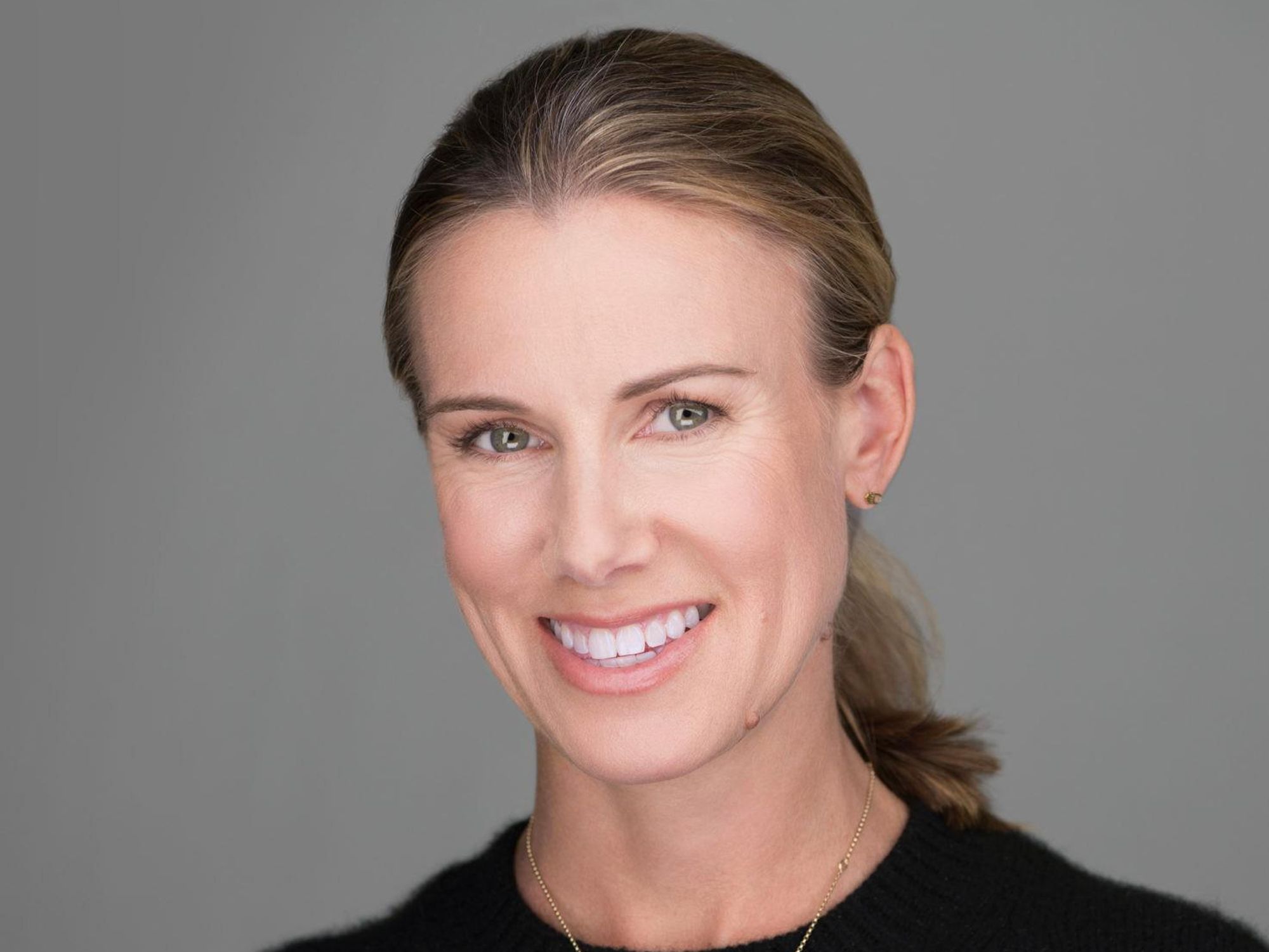Office Hours Podcast: Greycroft’s Dana Settle on LA's Booming Tech Scene
Spencer Rascoff serves as executive chairman of dot.LA. He is an entrepreneur and company leader who co-founded Zillow, Hotwire, dot.LA, Pacaso and Supernova, and who served as Zillow's CEO for a decade. During Spencer's time as CEO, Zillow won dozens of "best places to work" awards as it grew to over 4,500 employees, $3 billion in revenue, and $10 billion in market capitalization. Prior to Zillow, Spencer co-founded and was VP Corporate Development of Hotwire, which was sold to Expedia for $685 million in 2003. Through his startup studio and venture capital firm, 75 & Sunny, Spencer is an active angel investor in over 100 companies and is incubating several more.

It was once a contrarian perspective to think a venture capital firm could survive outside of Silicon Valley. But Dana Settle moved to Los Angeles and tried it anyway.
On this episode of Office Hours, co-founder of Zillow and dot.LA Spencer Rascoff talks to Settle about the booming L.A. tech scene and her investment firm Greycroft.
Settle moved to L.A. from Silicon Valley in 2005. The venture community in the area was small then, but she felt the inklings of something promising. Startups like Cornerstone OnDemand and Userplane were growing and so were the kind of industries arriving in L.A.
While her time up north saw a rise in tech companies, Settle saw L.A. disrupting every industry as data and artificial intelligence changed the game.
"This is the second largest city in the country. [It] has every single industry and huge opportunities here across biotech, real estate, mobility, space — every single area that you can imagine," said Settle.
As a founding partner at Greycroft and a member of its management committee, Settle is responsible for the firm's investment strategy and vision. When it comes to looking for startups to invest in, it's really about the founders for Settle.
She's looking for someone not just with a vision, but the ability to attack great talent.
"It doesn't mean you have to be like a total salesy extrovert or whatever. I mean, some of the best founders… are introverted. They have that crazy charisma that's just soft spoken, and everybody just wants to go with them," said Settle.
She also looks forward to seeing track records of success whether it was academic achievements or athletics. Any spark of success is valuable to Settle.
Within the last five years, Settle said that founders have gotten good at asking for higher demands. While they've met founders' needs, the real investment to Settle is seeing Greycroft be referred to other startups.
"Our sort of first principle is that venture capital is a long-term repeat business. And if you believe that, then you know, all of your interactions with founders and everything that you do every day, ultimately should build your brand. It's ultimately a referral business," said Settle.
Want to hear more episodes? Subscribe to Office Hours on Stitcher, Apple Podcasts, Spotify, iHeart Radio or wherever you get your podcasts.
dot.LA Engagement Intern Joshua Letona contributed to this post.
- Office Hours: Jam City's Josh Yguado and the Future of Gaming and ... ›
- Office Hours Podcast: The Pain And Promise of Crisis - dot.LA ›
- Shiloh Johnson On Increasing Diversity: 'Don't Focus on It' - dot.LA ›
- Greycroft Storms Into the Future With a $1 Billion Raise - dot.LA ›
Spencer Rascoff serves as executive chairman of dot.LA. He is an entrepreneur and company leader who co-founded Zillow, Hotwire, dot.LA, Pacaso and Supernova, and who served as Zillow's CEO for a decade. During Spencer's time as CEO, Zillow won dozens of "best places to work" awards as it grew to over 4,500 employees, $3 billion in revenue, and $10 billion in market capitalization. Prior to Zillow, Spencer co-founded and was VP Corporate Development of Hotwire, which was sold to Expedia for $685 million in 2003. Through his startup studio and venture capital firm, 75 & Sunny, Spencer is an active angel investor in over 100 companies and is incubating several more.




 Image Source: Skyryse
Image Source: Skyryse
 Image Source: Northwood Space
Image Source: Northwood Space